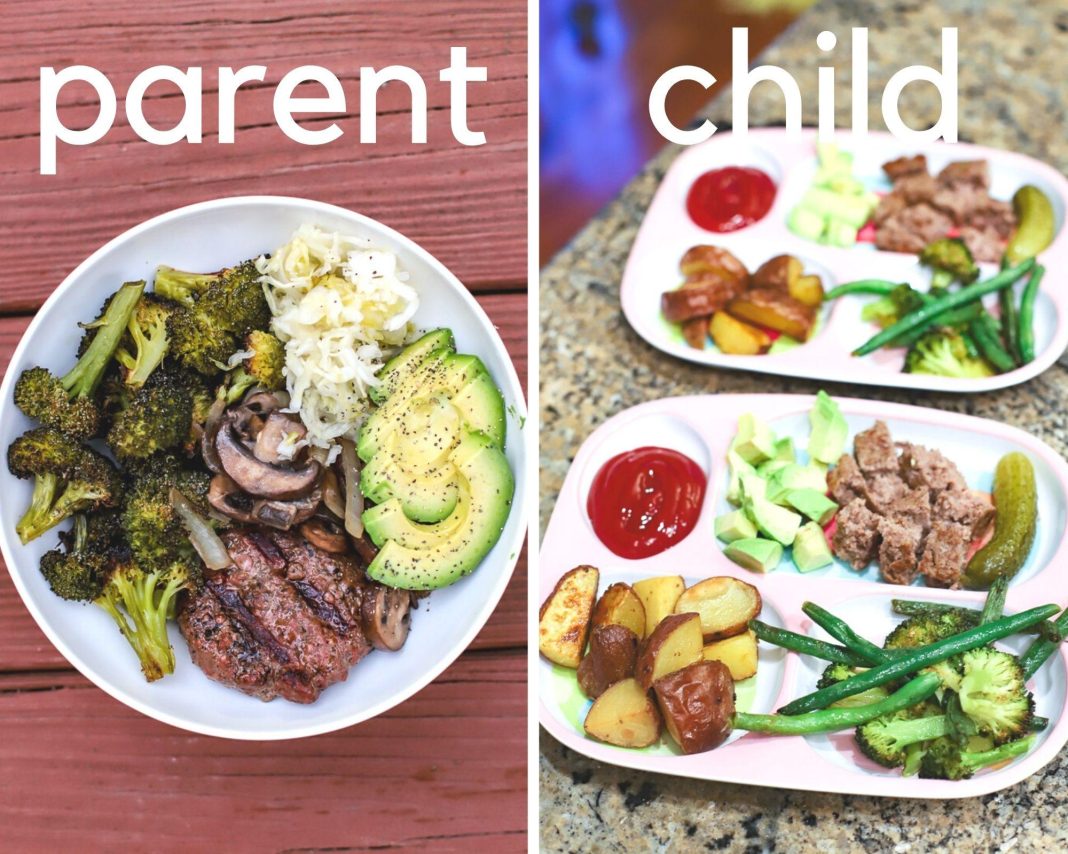In the hustle and bustle of modern life, the simple act of gathering around the family table often feels like a relic of the past. Yet, beneath the surface of clinking cutlery and shared laughter lies a profound opportunity for nurturing young minds. Family meals, once a cornerstone of daily life, are making a quiet comeback, not just for their nutritional value, but for their powerful impact on children’s social skills. As families navigate the complexities of schedules and commitments, the dining table emerges as a sanctuary—a place where children learn the art of conversation, empathy, and connection. This article delves into the subtle yet significant benefits of family meals, exploring how these shared moments foster essential social skills that accompany children far beyond the dinner table.
Cultivating Connection at the Dinner Table
In a world where digital devices often dominate our interactions, the dinner table emerges as a sanctuary for nurturing social skills in children. Engaging in family meals offers a unique opportunity for kids to learn the art of conversation, develop empathy, and strengthen familial bonds. As parents and siblings share stories from their day, children are encouraged to listen actively, ask questions, and express their own thoughts, fostering an environment of open communication. These shared moments can instill confidence in young ones, as they learn to articulate their ideas and emotions in a supportive setting.
- Improved Communication Skills: Regular family meals encourage children to practice verbal interactions, enhancing their ability to convey thoughts and understand others.
- Increased Emotional Intelligence: As children observe and participate in discussions, they learn to recognize and interpret the emotions of those around them.
- Stronger Family Bonds: Sharing meals creates a sense of belonging and security, vital for children’s social development.
Ultimately, the simple act of gathering around the dinner table transcends mere nourishment; it becomes a powerful tool in shaping well-rounded, socially adept individuals.

Nurturing Communication Skills Through Shared Meals
Gathering around the dinner table provides a unique setting for children to develop their communication skills. As conversations flow over shared meals, kids learn to listen actively, express themselves clearly, and engage in meaningful dialogue. This routine encourages them to ask questions, share stories, and articulate thoughts, fostering a sense of confidence in their ability to communicate effectively. The casual atmosphere of a family meal allows children to experiment with language in a safe space, gradually building their vocabulary and improving their conversational abilities.
Benefits of shared meals on communication skills include:
- Enhanced listening skills: Children learn to pay attention to others’ perspectives.
- Improved vocabulary: Exposure to varied topics expands their language repertoire.
- Increased confidence: Regular practice boosts self-assurance in speaking.
- Strengthened family bonds: Open discussions nurture trust and understanding.

Fostering Empathy and Understanding in Family Dining
Gathering around the dinner table offers more than just nutritional benefits; it provides a unique opportunity for children to enhance their social skills through shared experiences and open dialogue. Engaging in conversations during meals allows children to practice active listening and articulate their thoughts, which are essential components of effective communication. The family meal setting is a natural environment for children to observe and mimic positive social interactions, helping them develop empathy and understanding towards others. As they listen to family members share their daily experiences, children learn to appreciate diverse perspectives and cultivate a sense of compassion.
- Encourages Emotional Expression: Children feel more comfortable expressing their emotions and thoughts in a safe, supportive environment.
- Promotes Conflict Resolution: Mealtime discussions can serve as a platform for resolving misunderstandings and disagreements peacefully.
- Fosters a Sense of Belonging: Regular family meals create a sense of unity and belonging, reinforcing familial bonds.

Guiding Positive Social Development with Mealtime Rituals
Family meals offer a unique opportunity to foster children’s social skills in a nurturing environment. As families gather around the table, children are exposed to the art of conversation and the dynamics of group interaction. These regular interactions can help children learn essential social cues such as taking turns speaking, listening attentively, and expressing gratitude. Over time, these mealtime rituals can significantly enhance a child’s ability to communicate effectively and empathetically in diverse social settings.
- Encourages Communication: Regular family meals provide a platform for children to express their thoughts and feelings, helping them develop confidence in verbal communication.
- Builds Empathy: Listening to family members share their daily experiences teaches children to understand and empathize with different perspectives.
- Strengthens Family Bonds: Consistent mealtime gatherings create a sense of belonging and security, reinforcing positive social behavior and cooperation.








